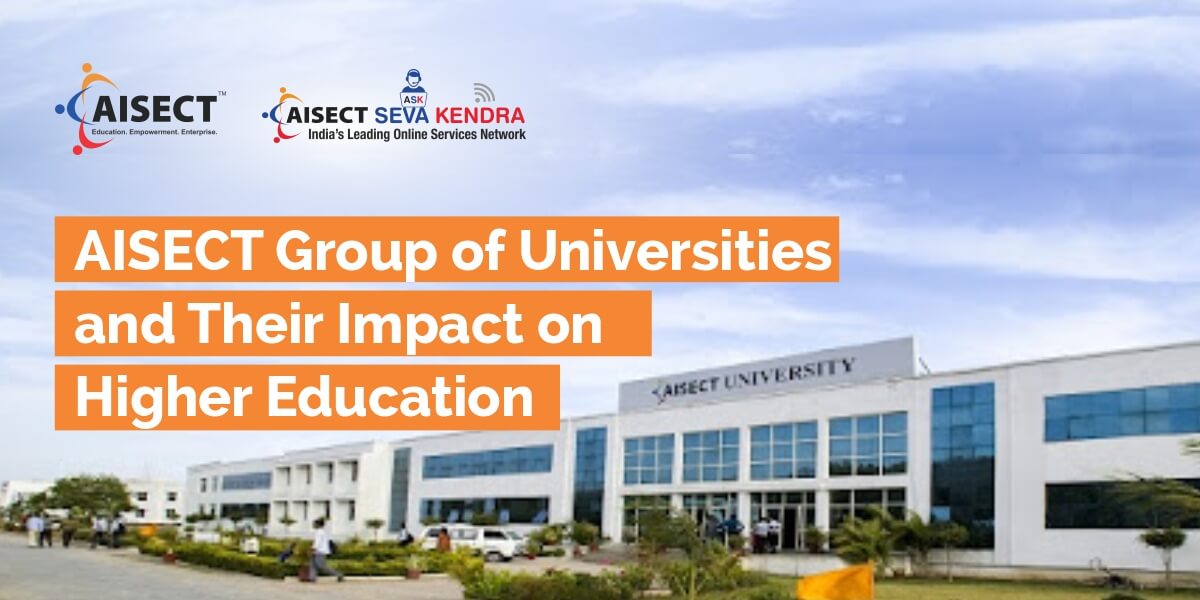In today’s competitive job market, having the right skills and experience is crucial for securing employment. The National Skill Development Corporation (NSDC) is addressing this need through its innovative Work Integrated Learning Programs (WILPs). These programs are designed to bridge the gap between education and employment, providing individuals with real-world skills and experiences that prepare them for successful careers. Let’s explore how NSDC’s WILPs are enhancing employability and benefiting students, recent graduates, job seekers, employers, industry professionals, educators, trainers, and policy makers.
What are Work Integrated Learning Programs (WILPs)?
Work Integrated Learning Programs (WILPs) are educational initiatives that combine academic learning with practical work experience. These programs are structured to provide students and job seekers with hands-on training in real-world settings, making them job-ready. NSDC has been at the forefront of implementing WILPs in India, collaborating with various industries and educational institutions to offer these programs.
The Importance of Work Integrated Learning Programs
WILPs are essential because they:
- Bridge the Skill Gap: There is often a disconnect between the skills taught in academic institutions and those required in the workplace. WILPs help bridge this gap by providing practical training that aligns with industry needs.
- Enhance Employability: By gaining hands-on experience, participants are better prepared for the job market. This practical knowledge makes them more attractive to potential employers.
- Support Career Growth: WILPs provide opportunities for career advancement by equipping individuals with the skills and experience needed to move up the career ladder.
Key Features of NSDC's WILPs
- Industry Collaboration
NSDC’s WILPs are developed in collaboration with industry partners. This ensures that the training provided is relevant and up-to-date with current industry standards. Participants get to work on real projects, using the latest tools and technologies, which gives them a competitive edge in the job market. - Comprehensive Curriculum
The curriculum of NSDC’s WILPs is designed to cover both theoretical and practical aspects of the job. Participants receive classroom instruction on essential concepts and then apply this knowledge in a work setting. This combination of learning methods ensures a well-rounded education. - Mentorship and Guidance
One of the standout features of NSDC’s WILPs is the mentorship and guidance provided by industry professionals. Participants receive one-on-one mentorship from experienced professionals who offer valuable insights and advice. This mentorship helps participants navigate their career paths and make informed decisions. - Flexible Learning Options
NSDC’s WILPs offer flexible learning options to accommodate different schedules and learning preferences. Whether it’s part-time, full-time, or online learning, participants can choose the format that best suits their needs. This flexibility makes it easier for individuals to balance their education and other commitments.
AISECT and NSDC Collaboration
AISECT, in collaboration with NSDC, pioneers the Market-led Fee-based Services Scheme, a driving force in establishing a sustainable and enabling skill training ecosystem. This partnership, which began in May 2012, aims to skill 20 lakh youth by 2029. Aligning future workforce needs with AISECT’s strengths, the collaboration operates across 10 states: Madhya Pradesh, Himachal Pradesh, Chhattisgarh, Bihar, Punjab, Gujarat, Maharashtra, Odisha, Rajasthan, and Uttar Pradesh.
Aim of the Program
The primary aim of the program is to bridge the gap between job seekers and requisite skill sets, establishing a sustainable livelihood and enabling a skill ecosystem. Non-certified candidates in NON-QP aligned courses can pay fees for relevant courses, gain certification, and secure placements.
Major Partnerships
NSDC and AISECT collaborate extensively, designing competency frameworks, conducting skill gap analyses through train-the-trainer programs, certifying trainees aligned with National Occupational Standards, and establishing occupational standards and qualification bodies. AISECT has collaborated with 27 Sector Skill Councils (SSCs) to provide multiple skill training programs. These include:
- Logistic Skill Council (LSC)
- Agriculture Skill Council of India (ASCI)
- Telecom Sector Skill Council (TSSC)
- Skill Council for Green Jobs (SCGJ)
- Automotive Skills Development Council (ASDC)
- Healthcare Sector Skill Council (HSSC)
- Management and Entrepreneurship and Professional Skills Council (MEPSC)
- Tourism and Hospitality Skill Council (THSC)
- Construction Skill Development Council of India
- Retailers Association’s Skill Council of India (RASCI)
- Media and Entertainment Skills Council (MESC)
- Capital Goods Skill Council (CGSC)
NSDC Round 2
Under NSDC round 2, AISECT is expanding skilling across 15 states in the North East, North Zone, and South regions, covering 12 sectors in 114 job roles to meet future manpower needs. The goal is to skill 2 million beneficiaries across seven sectors, both organized and unorganized, within the next seven years from 2022 to 2029. AISECT is expanding skill training programs in 105 skill centers in states like Kerala, Karnataka, Tamil Nadu, Telangana, Andhra Pradesh, Haryana, Jammu & Kashmir, West Bengal, Uttarakhand, and the North East (Assam, Manipur, Meghalaya, Nagaland, Tripura, Mizoram). Additionally, AISECT is providing online training to expand its reach and deliver training content. The initiative aims to develop ultra-low-cost, high-quality, innovative business models with partners. Over the past seven years under NSDC round 2, AISECT has trained 15,000 beneficiaries and placed 5,000 beneficiaries.
Conclusion
NSDC’s Work Integrated Learning Programs are making a significant impact on employability by providing practical skills and real-world experience. These programs are beneficial for a wide range of stakeholders, including students, job seekers, employers, educators, and policy makers. By bridging the gap between education and employment, NSDC, in collaboration with AISECT, is helping to create a more skilled and job-ready workforce. With continued efforts and strategic partnerships, these initiatives are paving the way for a brighter and more prosperous future for India’s youth.




